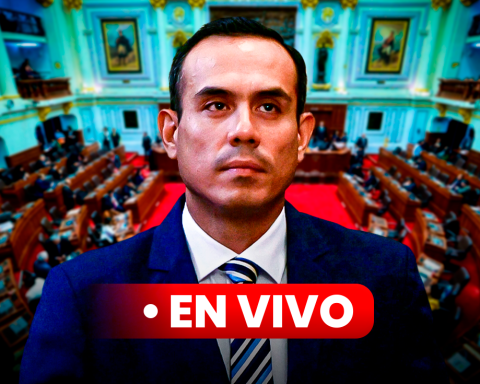The government of Gabriel Boric has announced a new bill that seeks to replace the State Guaranteed Credit (CAE), putting an end to a system that has generated considerable debts for more than one and a half million students in Chile. This announcement marks a significant change in the financing of higher education, and proposes an alternative that could alleviate the financial burden young people face when completing their studies.
The new system is called Public Financing for Higher Education (FES). Its main objective is to eliminate the need for students to go into debt to finance their college education.
Under this new scheme, the majority of beneficiaries will not have to pay fees or tuition while pursuing their degree, thus eliminating the financial burden represented by the current CAE. Only those students belonging to the highest 10% of income will have to make some type of co-payment, which makes the FES more inclusive and accessible to the majority.
This new system not only seeks to replace the CAEbut also changes the focus on how students will have to contribute to the cost of their education. Instead of going into debt from the beginning of their studies, FES beneficiaries will only begin to pay once they have graduated and are working.

The bill that will establish the FES It has already been signed by President Boric and the Minister of Education, Nicolás Cataldo, and will be sent to the Chamber of Deputies for discussion and approval. The legislative process will be key to defining the details of the system, and this project is expected to generate debates in both the House and Senate.
If approved in all legislative bodies, the FES could radically transform the way higher education is financed in Chile. Instead of burdening students with debt at the beginning of their working lives, the aim is to offer more equitable access to education, guaranteeing that State resources cover the majority of costs during the training stage, according to the ruling party.


















